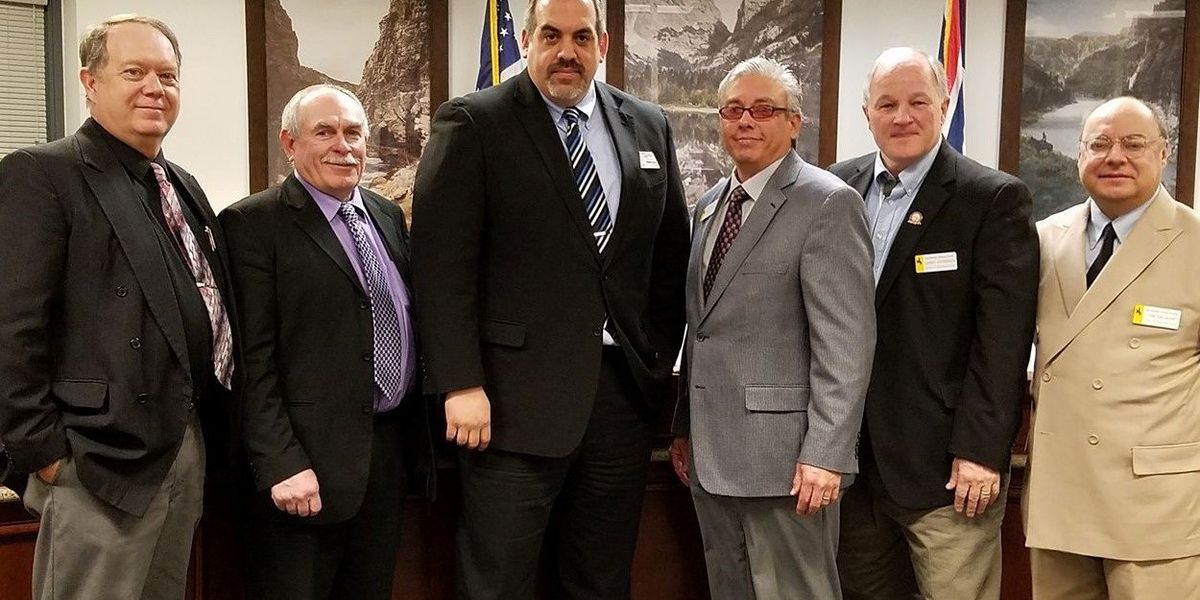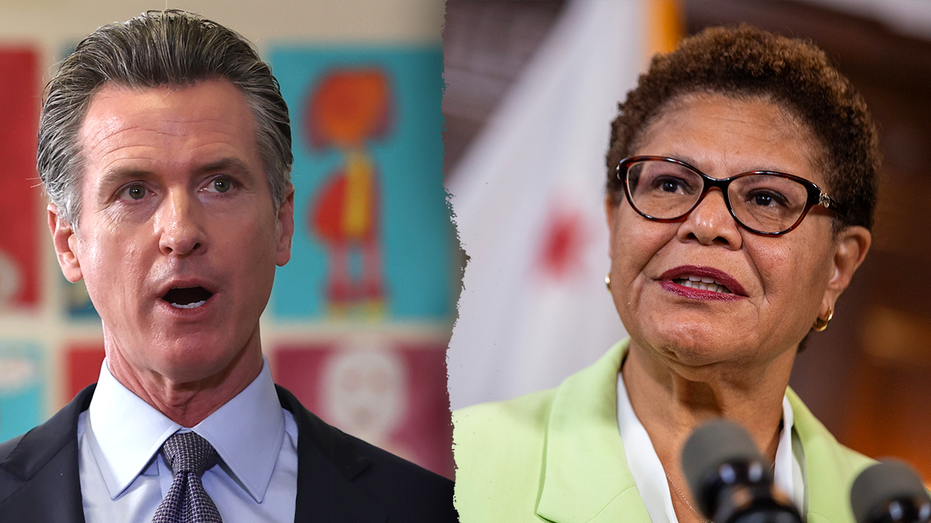A few hours before a House vote on whether to defund foreign aid and public broadcasting, House Freedom Caucus Chairman Rep. Andy Harris, R-Md., shared his thoughts on how a heavily indebted America can right its fiscal ship of state.
The rescissions package the House is considering would eliminate $9.4 billion in spending through cuts to the U.S. Agency for International Development (USAID) and to National Public Radio (NPR) and the Public Broadcasting Service (PBS).
In light of the country’s nearly $37 trillion in debt, Harris views that as a small, but important step.
“The saying is that a journey of a thousand miles starts with a single step,” Harris told The Daily Signal.
“This is a single step. It’s not a large amount of money, given the size of our budget deficit, and budget debt, and our federal debt, but it’s a start.”
Additionally, Harris thinks that USAID and PBS are not worthy of the government’s support.
“It is in areas, in the case of the Corporation for Public Broadcasting, where it is completely unnecessary for the federal government to be involved in that. And in the case of USAID … I think the majority of Americans would agree that a lot of those programs over at USAID were wasted money.”
The package would cut spending such as “$6 million for Net Zero [carbon emission] Cities” in Mexico and “$6 million for supporting media organizations and civic life of Palestinians,” according to a press release from House Speaker Mike Johnson’s office.
 Rep. Andy Harris, R-Md. (Tom Williams/CQ-Roll Call via Getty Images)
Rep. Andy Harris, R-Md. (Tom Williams/CQ-Roll Call via Getty Images)Harris’ remarks raised the question of what the consequences for Republicans might be if they failed to make these cuts to programs targeted by the administration.
“I would hope that my Republican colleagues would agree that we have to take this first step. If some don’t, and the bill fails, then look, they’ll have to answer to their Republican voters back home,” the Maryland lawmaker said.
Nonetheless, Harris seemed hopeful that the White House would continue working toward spending reductions, even with former Department of Government Efficiency chieftain Elon Musk no longer on the scene.
“Look, [Musk] set up the Department of Government Efficiency, so it’s still there. It’s still staffed. It’s still in all the agencies. It’s still advising all our [departmental] secretaries on where the waste, fraud, and abuse is in the federal government. So again, that will be his legacy … and he’s established a mechanism to root out even more fraud, waste, and abuse.”
Harris called for further rescission bills “to go even deeper in the Department of State.”
But there are some naysayers to Republicans’ claims of fiscal responsibility.
The Daily Signal asked House Minority Leader Hakeem Jeffries, D-N.Y., on Thursday if he thought voting against the rescissions package would hand an easy optics win to Republicans, who present themselves as the party of fiscal responsibility.
“The last thing that Republicans are—at this moment in time or have even been over the last few decades—is fiscally responsible,” Jeffries replied.
“The one big, ugly bill that Republicans are trying to jam down the throats of the American people will detonate the deficit by more than $3 trillion … . There is not a single Republican in this town that can credibly argue they are the party of fiscal responsibility.”
Harris, when asked for a response to Jeffries, scoffed.
“Look, the fact of the matter is that America knows full well that the Democrats want more spending. They want more taxes, and I do believe that we have a good start on fiscal restraint as part of the reconciliation bill,” Harris said, adding:
I’m hoping it gets even better in the Senate, but in Americans’ minds, they all understand which is the party of tax and spending, and they know it’s the Democrats.
How the “big, beautiful bill” evolves in the Senate remains to be seen.
Harris and his Freedom Caucus compadres have already issued a warning to the Senate not to “water down, strip out, or walk back the hard-fought spending reductions and … Green New Scam rollbacks achieved in this legislation.”
 Rep. Andy Harris, R-Md. (center), with fellow House Freedom Caucus Reps. Keith Self, R-Texas (left), and Ralph Norman, R-S.C. (Andrew Harnik/Getty Images)
Rep. Andy Harris, R-Md. (center), with fellow House Freedom Caucus Reps. Keith Self, R-Texas (left), and Ralph Norman, R-S.C. (Andrew Harnik/Getty Images)Those last-minute conservative wins were part of what ensured the Freedom Caucus’ support of the bill.
Even then, Harris decided to vote “present” on the bill in the House “to move the bill along in the process for the president,” despite his preference for further spending reductions.
Harris now suggests the bill’s passage will depend on what the Senate does with it.
One of his concerns is that, as more tax cuts are made permanent by the Senate, they might not make further spending cuts to offset them.
“With some more of the tax cuts permanent, it would have to come back with even larger spending reductions,” he said.
He also cautioned against the Senate undoing the House bill’s framework, which makes states share more of the cost for the food stamp program.
By his analysis, “It looks like they have reduced the spending reduction in the agriculture part of the bill by $100 billion by actually eliminating the state cost-share.”
“I think that’s a bad policy move,” he said.
Still, Harris finds some comfort in the increased public awareness of the budgetary process.
“By some of the examples that they’ve been able to find, I think there are more people in America who now realize that the fraud, waste, and abuse is rampant in the federal government. And they’re going to look to the Republican Congress to lead in the effort to stop that, working alongside the president.”
The post Freedom Caucus Chief Outlines Strategy to Cut Spending, the Deficit appeared first on The Daily Signal.
.png)














 English (US)
English (US)